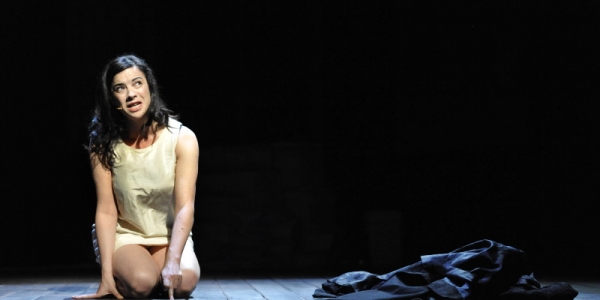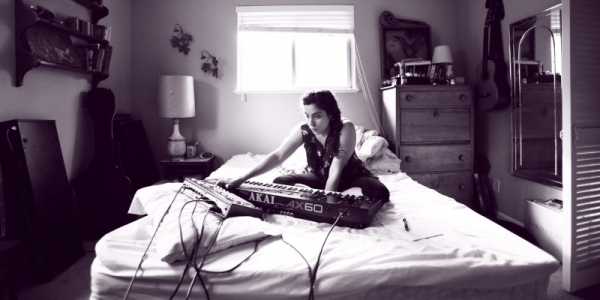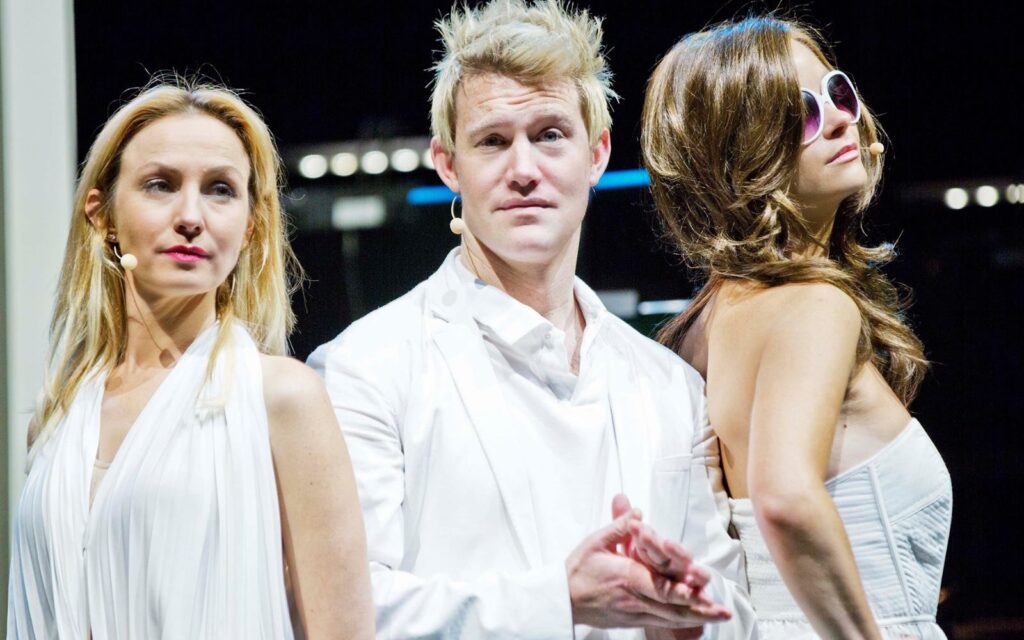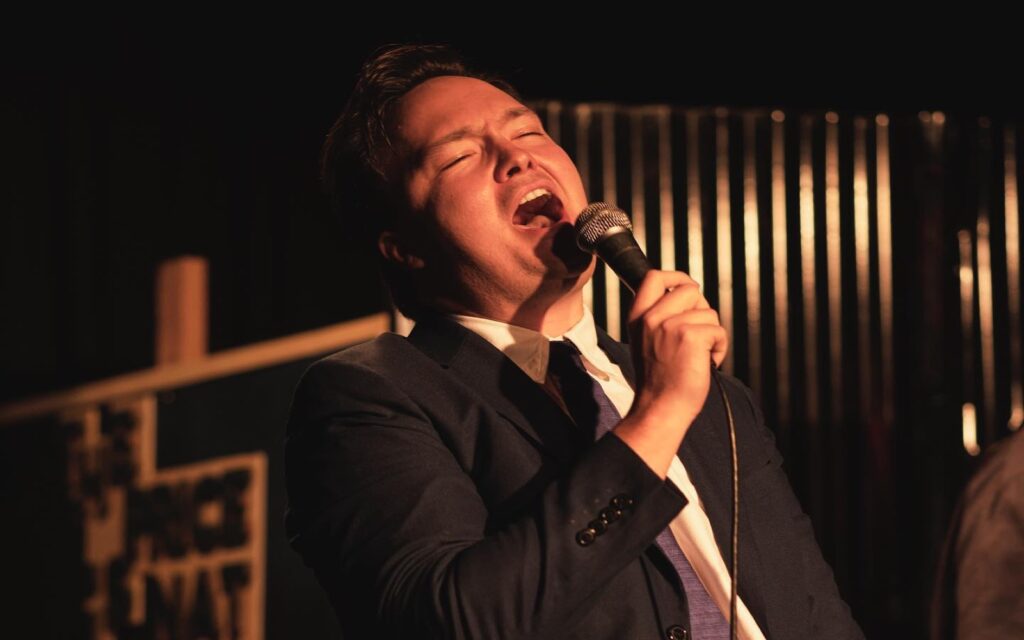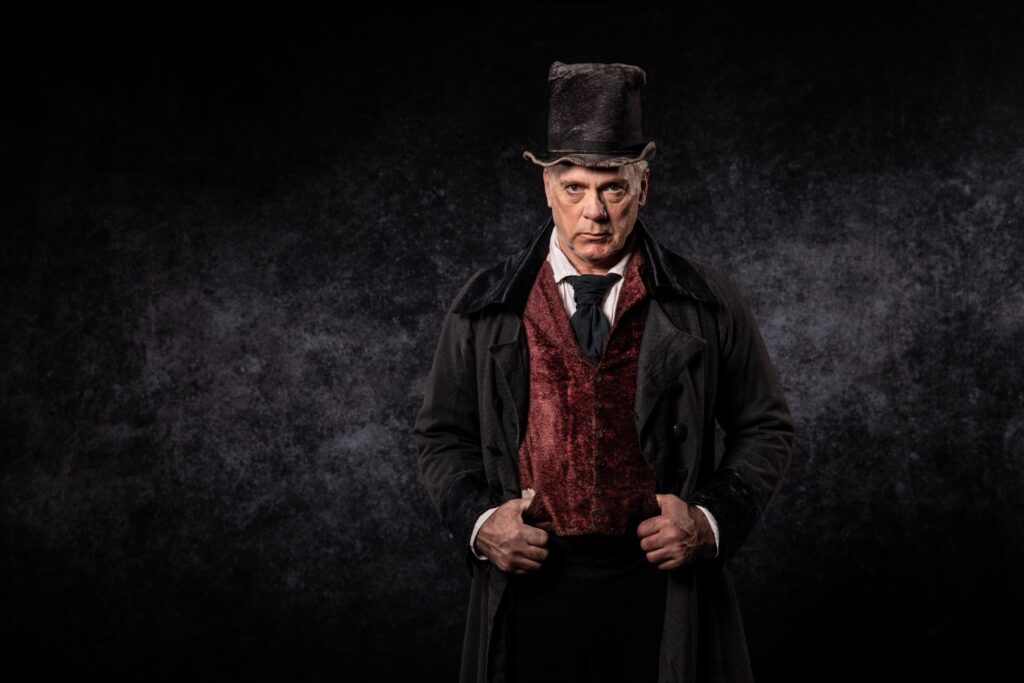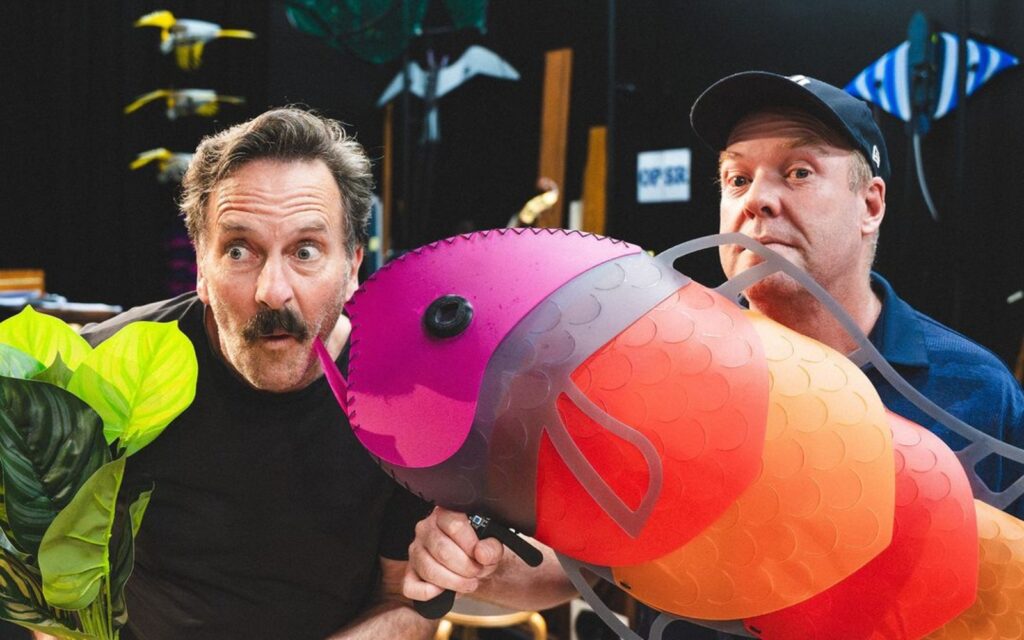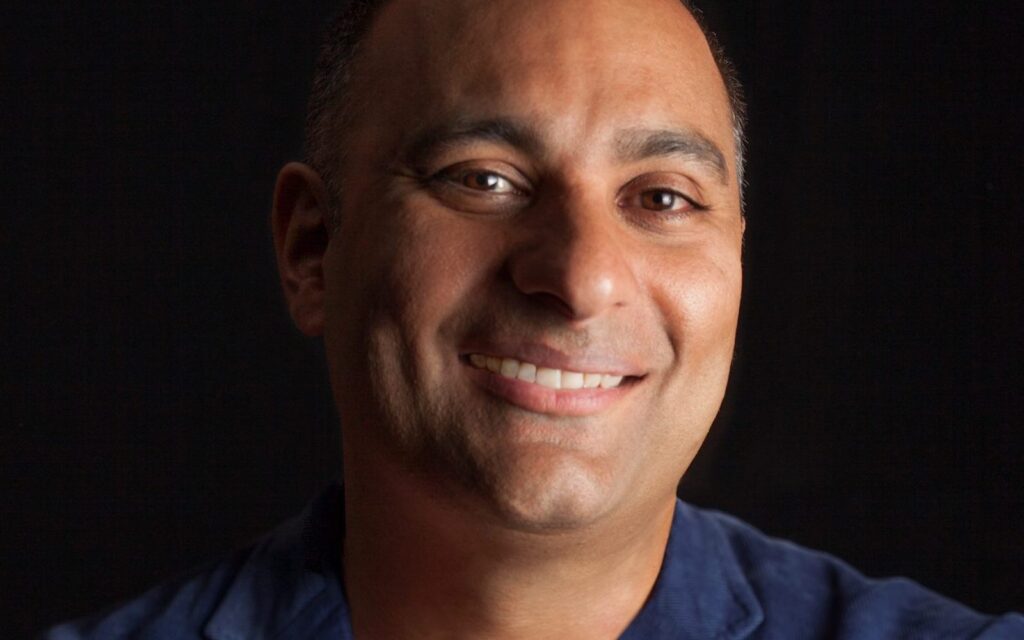The poem draws on the tragic story (told by both Ovid’s Fasti and through Livy’s history of Rome) of the rape of Lucretia (Lucrece), wife of Collatinus, by Tarquin, the son of Sextus Tarquinius, the then king of Rome. While O’Sullivan is best known for her chameleon-like reinventions of songs by artists like Nick Cave and Tom Waits and the Royal Shakespeare Company is best known for its impeccable and yet purist approach to the works of the great bard, somehow a musical interpretation to an oft-ignored poem has been born.
So how did a one-woman, musical version of The Rape Of Lucrece ever get commissioned by the Royal Shakespeare Company? “The RSC were working on this new studio project and apparently we were the only ones that got through,” O’Sullivan says with a chuckle. “It’s probably good that I didn’t know about the importance of it all or I probably would’ve messed it up. I always mess up when I know something significant is going on.”
Despite O’Sullivan remaining oblivious to nerves during the submission process for the show, once it came time to refine their work the reality of what they were doing kicked in. After all, they were creating this show just up the road from old William’s former house.
“It was all pretty frightening,” she says. “Michael Boyd, the outgoing director of RSC, was quite excited about this project; he just had great foresight and they wanted something that was contemporary and stepped out of their old way. What they didn’t expect was to have two Irish people that are very emotional and are mavericks who would embark on something that was totally different to what had ever been done before,” she laughs. “The whole team of the RSC were doing Romeo & Juliet and King Lear at the Stratford Theatre and they were coming to our shows and I’d be there thinking, ‘Oh my god there’s King Lear, there’s Romeo, how am I gonna do this scene?’ Then they’d meet you afterwards with maybe some intonation advice or something small like that, but were basically really excited. Even a lot of those actors and directors didn’t know this poem so there’s a benefit to doing something that isn’t simply one of the classics.”
The Royal Shakespeare Company doesn’t often get the opportunity to journey to Australia but a one-woman show makes things a lot more achievable. What makes it all the more special that this pioneering piece is gracing our shores is that it is essential still in its infancy as a production. “We’ve only done the show about eight times so it’s still in its early stages,” she says. “I think this is also one of the first times the RSC has been able to tour to Australia because normally they have a cast of 20 spear carriers and such but it’s just me and Feargal on piano. The show went down really well at the Edinburg Festival and we won the Bank Of Scotland Herald Angel Award for outstanding performances. The reviews went down really well too – even though I don’t read reviews, apparently they were good – and some folks from Sydney Festival were there to see it.”
The well-established relationship between Murray and O’Sullivan as well as the creative freedom that Freestone encourage is, in the mind of O’Sullivan, the key to this show’s success. Without giving too much away, O’Sullivan and Murray intersperse traditional dialogue with musical reinventions of the poem at points they all thought were pivotal, without dominating the entire show with melody.
“Feargal and I have the most symbiotic relationship as accompanist and performer and Elizabeth saw me in my seventh year at the Edinburgh festival doing what I do and she thought I was the girl for this,” she says. “I couldn’t see myself doing it at all but now it makes sense. She asked me to create the music and I asked if Feargal could come on board while she was working the poem, editing it and together we created this show. The bulk of the show was created in ten days with us narrowing it down from three hours to 70 minutes. When it came to work on the music, the rhyme was quite contemporary and it came down to us making sure the words themselves come through. Elizabeth also gave me a lot of free reign asking me what I would do in various places, which is invaluable. A lot of times as a performer you can bottle it up when they’re telling you ‘no’ all the time, especially if you’re one person on stage.
We stripped away all of the politics and the detail, narrowing it down simply to the idea that this is a story of a woman who has been wronged and the tragedy that unfolds from that.”
BY KRISSI WEISS
